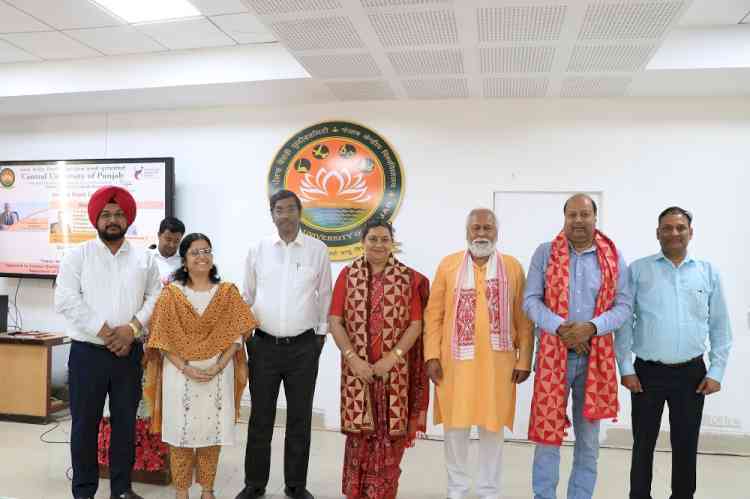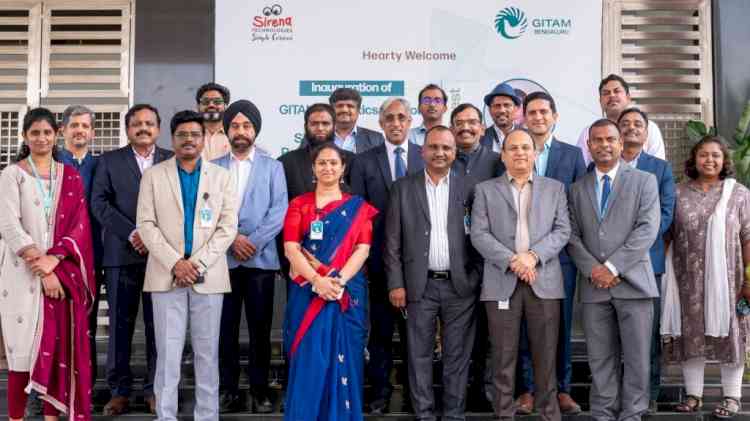IVF plays a pivotal role in future fertility treatments
An estimated 15% of couples worldwide struggle with infertility, and the problem is significantly worse in developing nations like India.

Hyderabad, July 25, 2022: An estimated 15% of couples worldwide struggle with infertility, and the problem is significantly worse in developing nations like India. One in four Indian couples of reproductive age has trouble getting pregnant, according to WHO 2022 reports. Most couples are reluctant to address their reproductive concerns openly since doing so carries significant emotional and social shame. This limits the potential for prompt diagnosis and therapy.
Infertility has always been blamed on women, however, this is untrue nowadays because males can aid dysfunction, endometriosis, etc. in women and inadequate or poor-quality sperm in men are major causes of infertility. The term "test-tube baby" refers to the assisted reproductive technique known as in vitro fertilization (IVF), in which the male sperm and female eggs are fertilized outside the body in a laboratory dish. These fertilized eggs are subsequently implanted as one or more embryos in the woman's womb, where they can develop and attach to the uterine lining. In addition to a poor diet, other lifestyle factors that contribute to infertility include aging in marriage, delaying parenthood, stress, and alcohol and tobacco use.
Speaking on the occasion of World IVF Day Dr Niharika, Senior Fertility Specialist, Kamineni Fertility Center, Hyderabad said, One of the most crucial steps to conception is the union of the sperm and the egg, but there are numerous things that can prevent the body from properly completing this process of fertilization, which can result in infertility. One of the most popular ART treatments, it is used to treat infertility caused by a variety of conditions, including endometriosis, blocked fallopian tubes, and even when the cause of a woman's infertility is genetic.
She further added Diet and exercise also need to be tailored to the individual's needs and preferences. Lifestyle change is incredibly important in developing a long-term, sustainable approach to avoid any complications. By eating a wide variety of foods one can easily increase the nutrient density of the diet and reduce the severity of any complications she concluded.
As we know various scientific developments have made it possible for us to cure a significant portion of infertile couples, and we are assuming they seek care in a timely manner Newer approaches give us a greater understanding of the reasons for infertility and more efficient ways to treat these problems because the area is continually expanding.


 Rajat Kumar
Rajat Kumar 








